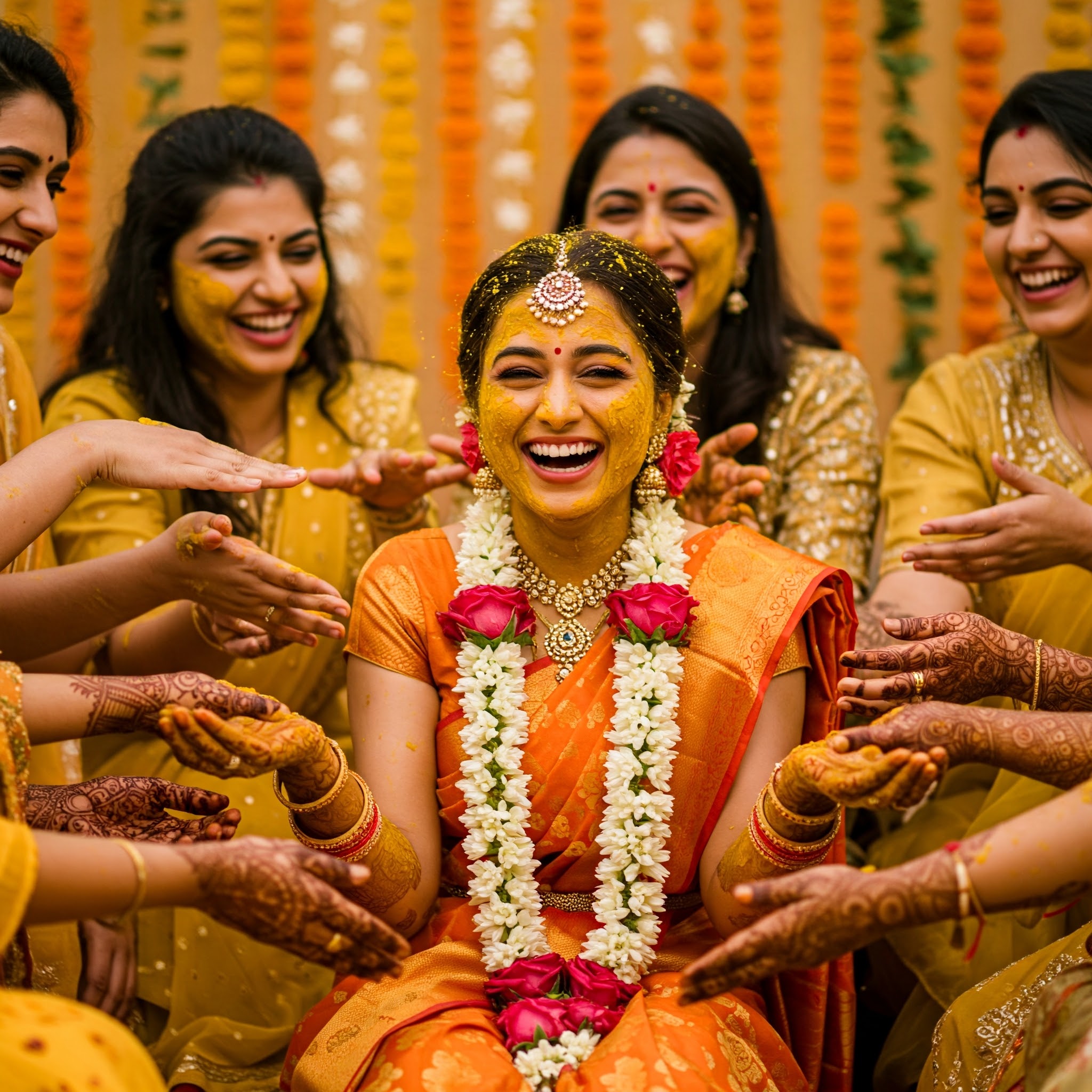
Challenges Faced by NRIs During the Matrimony Process
05-Nov-2025 digi shaadi
Introduction: Love Across Continents
It’s midnight in New York. A young Indian professional, Rohan, scrolls through his phone, reading a message from his parents in Pune —
“We’ve found a suitable match for you.”
He smiles, half amused, half overwhelmed. Between long working hours, adapting to a new culture, and the constant tug between independence and family expectations, finding a life partner as an NRI often means navigating two worlds at once.
For many Non-Resident Indians, marriage is not just about love; it’s about reconnecting with their roots, fulfilling family hopes, and finding someone who understands the balance between tradition and modernity.
Yet, the journey is hardly smooth. Despite technology and countless online profiles, the NRI matrimony process comes with its own emotional, cultural, and logistical challenges.
Let’s explore the real struggles faced by NRIs in finding their perfect match abroad.
1. The Challenge of Distance
The most obvious hurdle is physical distance.
When one person lives in London and the other in Chennai, even a simple conversation needs careful planning. Time zones, work commitments, and travel restrictions make meeting in person a rare possibility.
Parents in India are often hesitant to finalize an alliance without personally meeting the prospective bride or groom. Without face-to-face interaction, it’s hard to gauge personality, character, and family culture — all vital aspects of Indian marriages.
For many NRIs, this distance becomes not only geographical but emotional. Maintaining trust and bonding across time zones is rarely easy.
2. Balancing Modern Lifestyles with Traditional Values
Most NRIs live in cosmopolitan societies where personal freedom, gender equality, and lifestyle choices differ greatly from traditional Indian norms.
However, when it comes to marriage, families often expect them to follow conventional practices—caste, religion, and community background.
This creates an inner conflict.
While the NRI may seek a partner with similar global experiences and open-mindedness, their parents may emphasize language, region, or social background.
Balancing these two worlds becomes one of the toughest challenges in the matrimony journey.
3. The Time Zone Barrier
Imagine scheduling a video call between California and Delhi—when one finishes dinner, the other is starting their day.
This mismatch often leads to communication gaps.
Many promising conversations fade, not because of disinterest, but because it’s difficult to maintain consistent contact.
In the early stages of a relationship, such inconsistency can easily cool emotional momentum.
4. Cultural Adaptation and Compatibility
Even when both partners are Indian, living in different countries shapes different perspectives.
For instance, an NRI who has lived in Canada for years may be accustomed to Western norms, while someone raised in India might hold more traditional views about family roles, gender expectations, and social conduct.
These differences may not lead to conflict, but they require understanding and adaptability.
Successful NRI relationships thrive when both partners show empathy, patience, and respect for each other’s values.
5. Family Expectations and Parental Pressure
For most NRIs, marriage isn’t just a personal choice—it’s a family event.
Parents often take the lead in searching for matches, shortlisting profiles, and even making early decisions.
Though their intentions come from love, it can create pressure.
Many NRIs find themselves torn between their parents’ expectations and their own preferences.
While families may want a partner from India or the same community, the NRI might be open to someone from a different background.
This generation and culture gap often complicates the matchmaking process.
6. Trust and Authenticity Issues
Since most NRI matchmaking happens online, trust becomes a major concern.
Many worry about fake profiles, outdated photos, or misleading details.
Unlike traditional setups where families could verify each other, the digital process requires independent verification—of background, education, and employment.
Without transparency, even a potentially compatible match can lead to doubt and disappointment.
7. Legal and Visa Complexities
When two individuals living in different countries decide to marry, legal formalities can become overwhelming.
Visa sponsorships, marriage registration, relocation permissions, and document attestation often take months.
If one partner is an Indian citizen and the other is a permanent resident abroad, the paperwork gets even more complex.
Understanding international marriage laws and country-specific documentation becomes essential—yet stressful—when families expect quick results.
8. Emotional Loneliness and Isolation
Being far from home can be emotionally draining.
Most NRIs live alone, away from their support systems.
As friends get married, the pressure to “settle down” intensifies.
Finding someone abroad who understands Indian culture can be difficult. This often leads to loneliness and frustration, along with a fear of “missing the right age.”
Balancing an Indian heart with a global lifestyle creates emotional challenges unique to NRI life.
9. Financial and Lifestyle Compatibility
While financial independence is rarely an issue, financial alignment often is.
Couples need to discuss long-term plans—whether to live abroad or move back to India, how to share expenses, and what lifestyle they expect.
Sometimes one partner is ready to relocate, while the other is not—a potential source of conflict later in life.
Successful NRI marriages depend on open communication and shared goals about the future.
10. Limited Social Circles Abroad
Unlike India, where social and community gatherings often lead to introductions, NRIs abroad have smaller Indian circles.
While many rely on online platforms or extended family connections, finding a truly compatible partner can be slow and emotionally exhausting.
The process can test one’s patience and perseverance.
11. Miscommunication Between Families
When families interact across countries, miscommunication becomes almost unavoidable.
Tone, timing, and expectations can be misunderstood.
For example, a delayed reply might seem like disinterest—when it’s simply due to a time zone difference.
Clear communication, regular video calls, and early introductions help build confidence and avoid misunderstandings between families.
12. The Pressure of Decision-Making
Finally, many NRIs feel pressured to make quick decisions.
Societal expectations, age, and comparisons often push individuals to rush choices.
However, marriage—especially across borders—demands time, understanding, and trust.
The fear of “what people will say” should never outweigh personal comfort or compatibility.
Taking time to understand each other’s values and future goals leads to stronger, lasting relationships.
Conclusion: Finding Harmony in a Global Life
For NRIs, marriage is not just about finding love—it’s about finding belonging.
They seek partners who can appreciate both their Indian traditions and their global perspectives.
Yes, distance, trust issues, and family expectations make this journey tough.
But with communication, patience, and cultural understanding, these challenges can turn into opportunities for deeper connection.
In the end, it’s not about which country two people live in —
but whether they share the same vision for life.
Because even across oceans, love finds a way.




